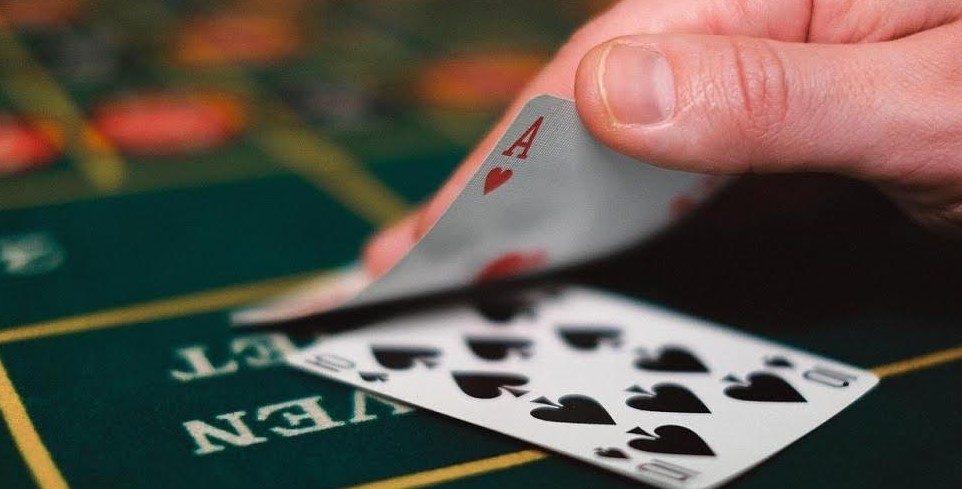

Taking notes in poker: how to do it to improve your readings

Beyond luck, poker players base their decisions on observation, analysis and reading their opponents.
This complexity makes taking notes in poker a very useful tool to improve your game and raise your level.
And that is precisely what we are going to talk about in this post: why it is essential to take notes in poker and how to do it efficiently to enhance your readings and make better decisions.
Why taking notes in poker
- In-depth knowledge of opponents. Poker is as much a social game as it is a strategic one. Taking notes allows you to build a detailed profile of each opponent. Have you ever noticed that certain players tend to bet aggressively with strong hands, while others bet aggressively with bluffs? Recording these patterns gives you a significant advantage. With a deeper understanding of individual playing styles, you will be able to anticipate your opponents' actions and adjust your strategy accordingly.
- Identify your own and others' strengths and weaknesses. Notes allow you to identify your opponents' weaknesses and strengths. You can record when a player tends to fold to aggressive bets or when he becomes more cautious with weak hands. This knowledge gives you the ability to exploit your opponents' weaknesses and protect yourself against their strengths.
- Keep track of trends. Poker is a dynamic game, and players' playing styles can evolve during a session. Taking notes over time allows you to follow the trends and adjustments your opponents make. For example, a player who starts out conservative may become more aggressive as he loses chips. Being aware of these changes gives you a strategic advantage.
- Improve step by step in the game. Notes are not only useful for studying your opponents, but also for reflecting on your own play. Recording your own decisions and analyzing their success helps you identify areas for improvement. Did you make a risky decision that resulted in your elimination? Or perhaps there was a hand where you could have bet more aggressively? Notes serve as a valuable record of your progress and allow you to learn from your mistakes.
- Shape all aspects of the game. Taking notes in poker is something that goes beyond specific actions at the table. In fact, it is more than interesting that you gather data on the emotional reactions of your opponents, such as nervous gestures or changes in their body language. These are details that contribute to the construction of what some call a "metagame", where you can use psychology to influence your opponents' decisions.
How to take notes in poker efficiently
- Symbols and abbreviations. Given the speed of the game, it is essential to develop an efficient system of symbols and abbreviations to take notes quickly and clearly. For example, you can use "A" to represent an aggressive player, "C" for a conservative one, and note strong hands always with their initials.
- Focus on key moments. It is not necessary to take notes on every hand. Instead, focus on key moments, such as hands when a player makes an unexpected move or when a significant change in strategy occurs. This will allow you to concentrate on the most relevant information.
- Categorize by position. Add information about a player's position when taking notes. Table position can have a significant impact on a player's decisions. Knowing how an opponent plays from the button or big blind can influence your own decisions.
- Record the size of each player's bets. Note the bet sizes of your opponents. This detail can reveal a lot about the strength of their hands. A player who always bets big with strong hands or makes small bets with bluffs may be easier to read.
- Use software tools to streamline everything. In the digital age, take advantage of the technological tools available. Use note-taking apps on your mobile device or tablet to record information in a quick and organized manner. Some apps even allow for tags and filters to make it easier to find specific information.
- Periodically review notes and update data. No matter how hard you try to take notes, that alone is not enough: it's crucial to review them regularly. Spending time reviewing your notes before a session will refresh your memory about your opponents and prepare you to make informed decisions from the start.
You may also like

How to be a casino croupier: training, salary and career path
In poker games and other physical games, the figure of the croupier is essential to ensure the smooth running of the game and to have a croupier who knows the rules inside out in case of conflict....

Odds in poker: fundamental aspects to calculate them
Poker is a game of skill rather than chance. That is something you learn quickly and it is the first fact that makes any novice realize that poker is surrounded by myths. The odds in poker are elem...

Blackjack table: what is it and how to use it?
The blackjack table is one of the basic elements in defining blackjack strategy. It serves to help reduce the dealer's initial advantage, putting the player in a better position at the beginning of...















